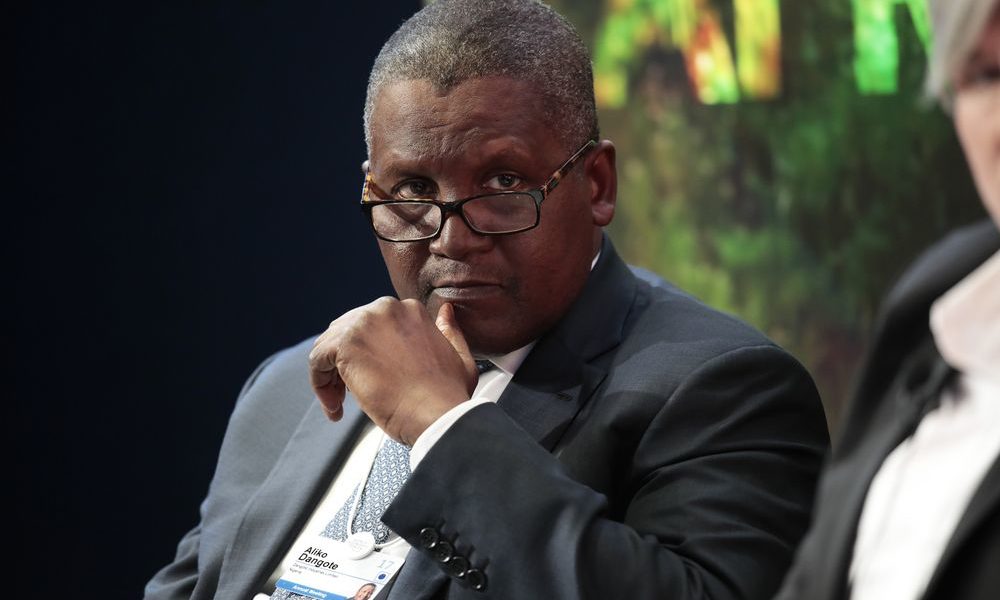Company News
Dangote Refinery Exports First Petroleum Shipment to Togo

In line with the vision of West African countries to reduce reliance on imported petroleum products from Europe, Africa’s largest oil refinery, Dangote Refinery, has commenced exporting petroleum products to neighboring African nations.
A report by Bloomberg on Tuesday, quoting data from Vortexa, Kpler, Precise Intelligence, port reports, and a ship-tracking platform, revealed that the Dangote Refinery had achieved its first export milestone.
The report indicated that the tanker CL Jane Austen loaded over 300,000 barrels of petrol from the Dangote Petroleum Refinery for export to Togo.
Furthermore, the report highlighted that the petroleum shipment reached the coast of Lomé, Togo. However, it remains uncertain where the CL Jane Austen cargo will ultimately be distributed, as the area is known for ship-to-ship transfers.
“While the shipment is tiny in the context of the global gasoline market, it signals the ramp-up of Dangote’s production and the potential to export significant volumes of gasoline beyond Nigeria, which could upend regional markets,” the report added.
Other African countries, including Niger Republic, Chad, Burkina Faso, and the Central African Republic, have reportedly begun negotiations to start importing petrol from the refinery.
Also, Investors King gathered from a credible source that the management of the 650,000 barrels-per-day (bpd) capacity refinery is at an advanced stage of talks with several nations to begin fuel supply.
“I can confirm to you that talks are at an advanced stage with Ghana, Angola, Namibia, and South Africa, while initial discussions are underway with Niger, Chad, Burkina Faso, and the Central African Republic,” the source stated.
Meanwhile, it is worth recalling that the Chairman of the Ghana National Petroleum Authority, Mustapha Abdul-Hamid, had earlier expressed interest in purchasing petroleum products from the Dangote Refinery. This initiative aims to reduce Ghana’s dependency on costly petroleum imports from Europe, which cost the country approximately $400 million monthly.